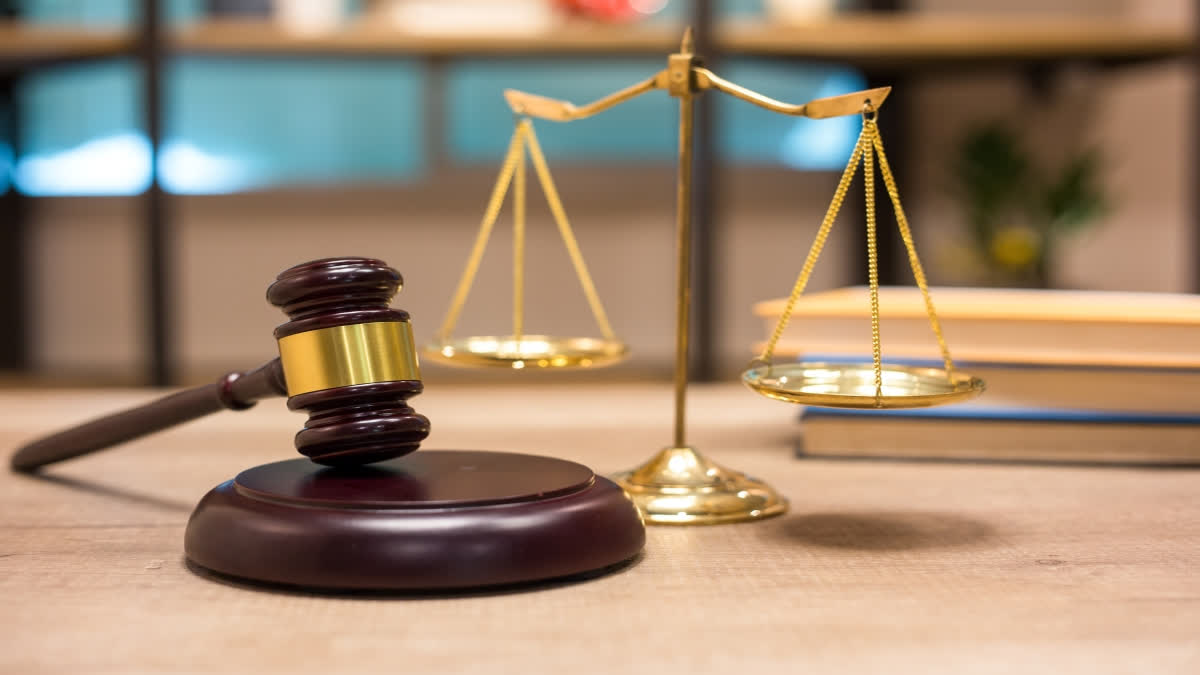New Delhi: International Justice Day, also known as International Criminal Justice Day, is observed on July 17 each year. It commemorates the establishment of the International Criminal Court (ICC) in 1998 through the adoption of the Rome Statute. The day aims to promote awareness about the ICC's role in prosecuting individuals for crimes such as genocide, war crimes, and crimes against humanity, and to advocate for global justice and accountability.
What Is The ICC?: The International Criminal Court (ICC) is the first permanent international court established to prosecute the most serious international crimes, such as genocide, crimes against humanity, and war crimes. Since 17 July 2018, the Court also has jurisdiction over the crime of aggression. Its purpose is to promote the rule of law and ensure that those most responsible for the most serious international crimes are brought to justice.
Members Of ICC: Since 1988, 139 countries have become its members. This means that these countries will accept the decisions given by the ICC. However, many countries including India, China, Russia and the United States are critics of the court and have not joined it.
History Of Day: This day marks the anniversary of the adoption of the Statute of Rome on 17 July 1998, the treaty that created the International Criminal Court. This happened when 120 states adopted a statute in Rome. It was known as the Statute of Rome of the International Criminal Court, all countries that agreed to adopt the statute accepted the jurisdiction of the ICC.
What Are The Powers Of The International Court Of Justice?: The International Court of Justice is an important judicial organ of the United Nations. The International Court of Justice was established in 1945 in the city of Hague in Holland. After this, it started its work in 1946. According to the International Court of Justice, its job is to settle legal disputes. Also, it has to give opinion on legal questions raised by the organs and special agencies of the United Nations. The official language of the International Court of Justice is English and French.
Crimes Within The Jurisdiction Of The International Criminal Court
War crimes: War crimes include torture, mutilation, corporal punishment, hostage-taking and acts of terrorism. This category also covers violations of human dignity such as rape and forced prostitution, looting and execution without trial. War crimes, unlike crimes against humanity, are always committed in times of war.
Genocide: This includes all acts committed with the intent to destroy a national, ethnic or religious group.
Crimes against humanity: Crimes against humanity are acts committed as part of a widespread or systematic attack directed against any civilian population, such as murder, deportation, torture and rape. The ICC prosecutes the perpetrators even if the crimes were not committed in times of war.
2023 Dispute Resolution Highlights: In 2023, the ICC Court registered a total of 890 new cases, marking the third-best year in its history. Of the 890 registered cases, 870 were held under the trusted ICC Rules of Arbitration and 20 under the ICC Appointing Authority Rules. The 2023 figures also revealed a record number of 189 new cases administered under the Expedited Procedure Provisions. Other significant statistics include the geographical diversity of parties and places of arbitration and the rising amount of female arbitrators.
International Justice Cases:
The court's first verdict, in March 2012, was against Thomas Lubanga, the leader of a militia in the Democratic Republic of Congo. He was convicted of war crimes relating to the use of children in that country's conflict and sentenced in July to 14 years. Till now, cases of Afghanistan, Burundi, Congo, Sudan, Central African Republic, Georgia, Kenya, Libya, Mali, Uganda, Bangladesh and Myanmar have been investigated in the International Court.
The highest profile person to be brought to the ICC is Ivory Coast's former President Laurent Gbagbo, who was charged in 2011 with murder, rape and other forms of sexual violence, persecution and "other inhumane acts". Other notable cases included charges of crimes against humanity against Kenya's President Uhuru Kenyatta, who was indicted in 2011 in connection with post-election ethnic violence in 2007-08, in which 1,200 people died. The ICC dropped the charges against Mr Kenyatta in December 2014.



